Questions to ask yourself before you DIY
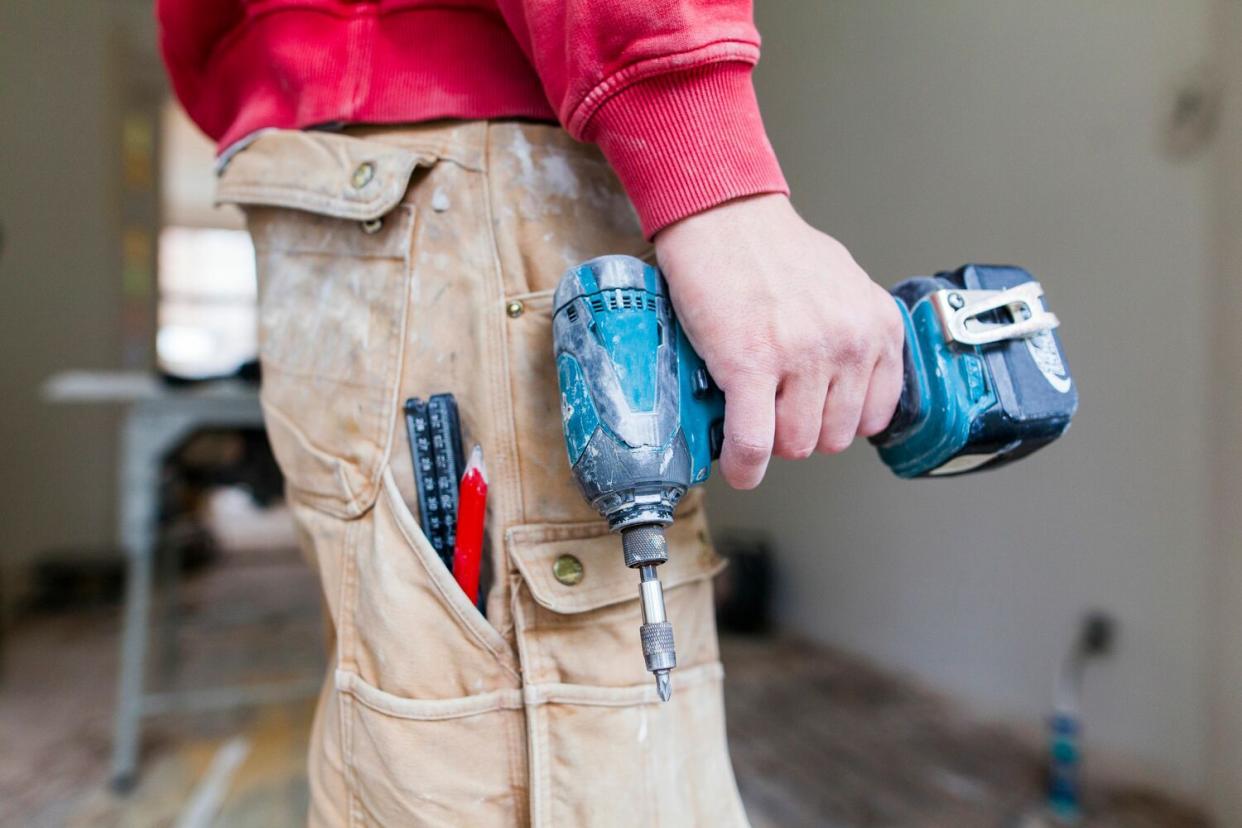
This article originally appeared on Thumbtack and is syndicated by Cheapism.
Businesses are increasingly developing easy-to-use DIY products. Peel-and-stick tiles, drywall repair kits, cabinet transformation kits — the list is endless.
That being said, some DIY home improvement projects can be risky and sometimes even illegal. If you’re weighing the odds and aren’t sure if you should DIY or hire a pro, ask yourself these critical questions before you start a home project.
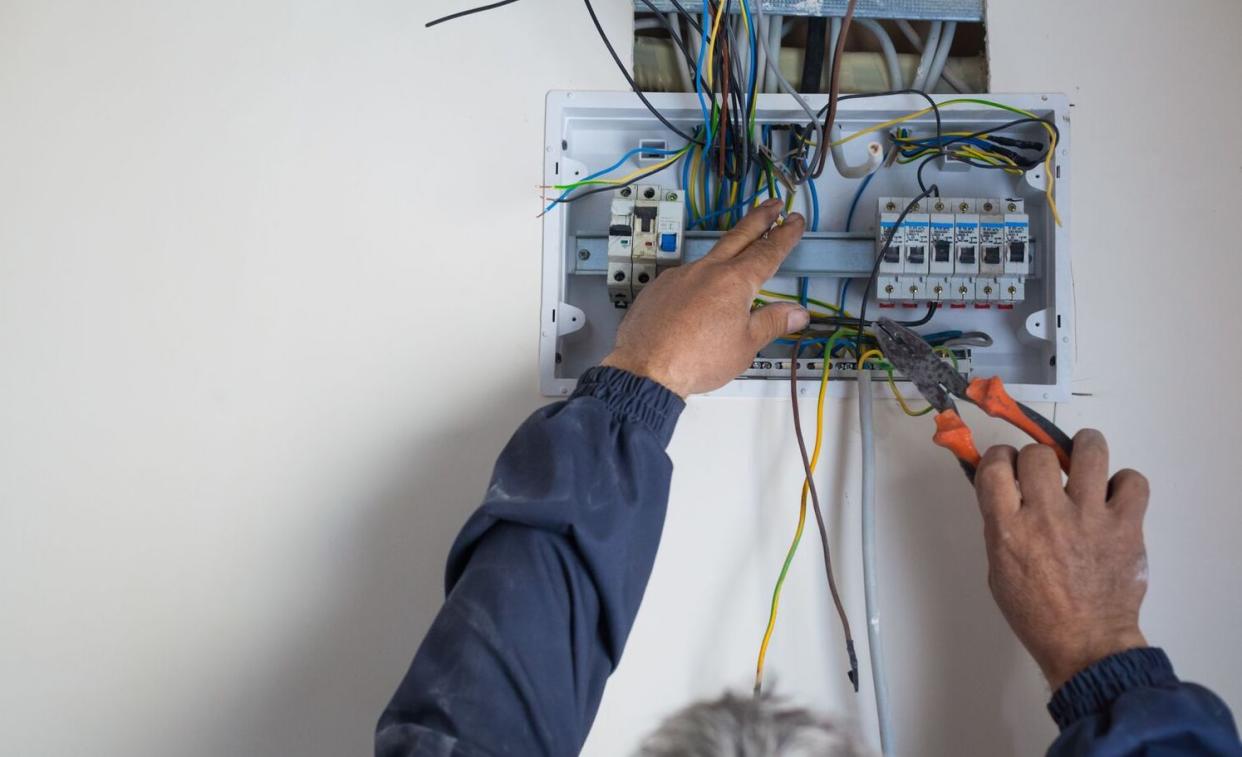
This is one of the most crucial home improvement questions. If you don’t have enough know-how about a project, you may end up injuring yourself or damaging your property. Take adding skylights, for example. They need to be installed at a specific angle to prevent leaks. This job is better left to a pro, as leaking could cause water damage and mold growth.
Here are a few other examples where DIY-ing may be too risky:
Roofline alterations. Slick shingles, faulty ladders and steep pitches can be hazardous, making roof work ideal for a pro.
Tree trimming is also dangerous for someone who is inexperienced in handling a chainsaw.
Water line replacement is also better left to a pro, as a tiny leak could result in mold. This could result in collapsing structures and floors.
Electrical work, like changing your circuit breaker panel or installing outlets, can also be dangerous for someone who hasn’t been trained on how to operate electrical systems.

With any home project, it’s imperative to compare the cost of hiring a pro to DIY-ing the project. Request upfront cost estimates from several professionals near you, and read cost guides for your project so that you understand how pricing typically works.
Then, calculate the potential hidden costs you may stumble upon when DIY-ing. If you opt for DIY and hit a bunch of roadblocks (you ran out of paint, improperly installed a few tiles or miscalculated the size of your roof, etc.), you may end up spending more than you anticipated on extra materials, tools and equipment. Speaking of materials, remember that contractors also usually have connections with vendors. That means they can probably buy your materials at a discounted rate.
There are, however, a few instances where DIY could be significantly cheaper than hiring a pro. For example, you can paint your home’s interior or exterior on your own to save money on labor costs.
So, before you start a home project, always do the following:
Get price estimates from multiple contractors. Ask them to explain the cost of labor and materials.
Calculate the cost of buying all of the materials yourself.
Estimate the cost of buying or renting the tools and equipment you’ll need but don’t already have.
Research the types of obstacles you may encounter while DIY-ing the project, so that you can plan for unexpected costs.
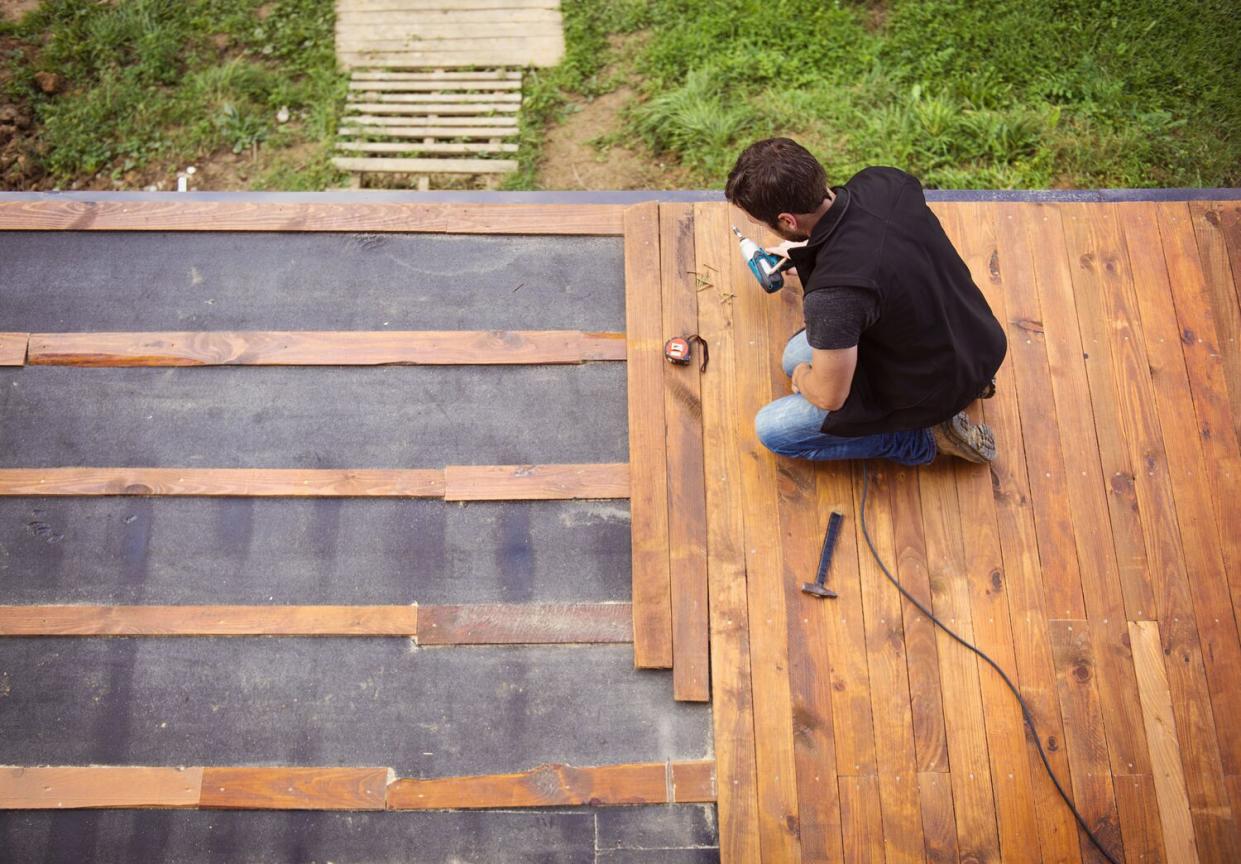
One of the most pressing DIY questions is whether certain home projects are allowed in your area without a permit or getting a licensed contractor to do the work. If you don’t submit a permit for some projects, you may have to pay a hefty fine.
You may need a permit to complete these home improvement projects in your area:
Building a deck
Installing a fence
Replacing your HVAC
Replacing or installing new plumbing
Certain types of electrical work
Replacing your water heater
Switching from an electric range to a gas stove
Cutting a hole for a new window
Before you opt for DIY, check with your local municipality first to see if you need a permit. In many cases, a professional can help you navigate the permitting process.
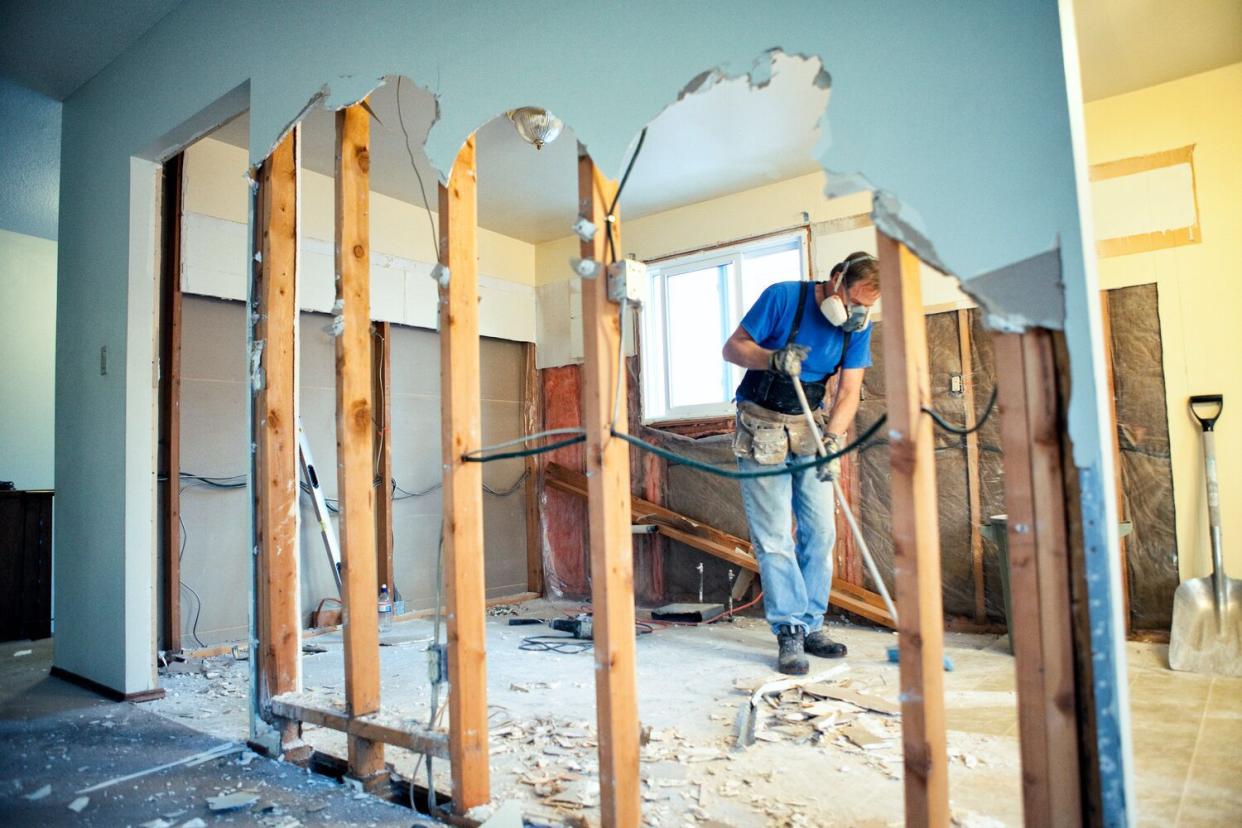
It may be tempting to take the DIY route if it means you’ll save hundreds (or thousands). But, think twice before sacrificing quality for savings.
An artisan, contractor or craftsperson usually excels at the most complex and intricate home projects. This doesn’t mean that those with fewer skills or less experience cannot successfully execute a DIY project; however, chances are an expert’s touch will improve your project’s overall quality, look and feel.
Remember: a pro has probably hung doors, framed walls and installed subflooring many times. They know what pitfalls to look out for and which techniques work best for each project. They also know which finishing touches are perfect for a project. For instance, if you’re looking to create a warm, rustic interior inside, a pro may suggest installing internal timber cladding to boost your home’s aesthetic appeal.
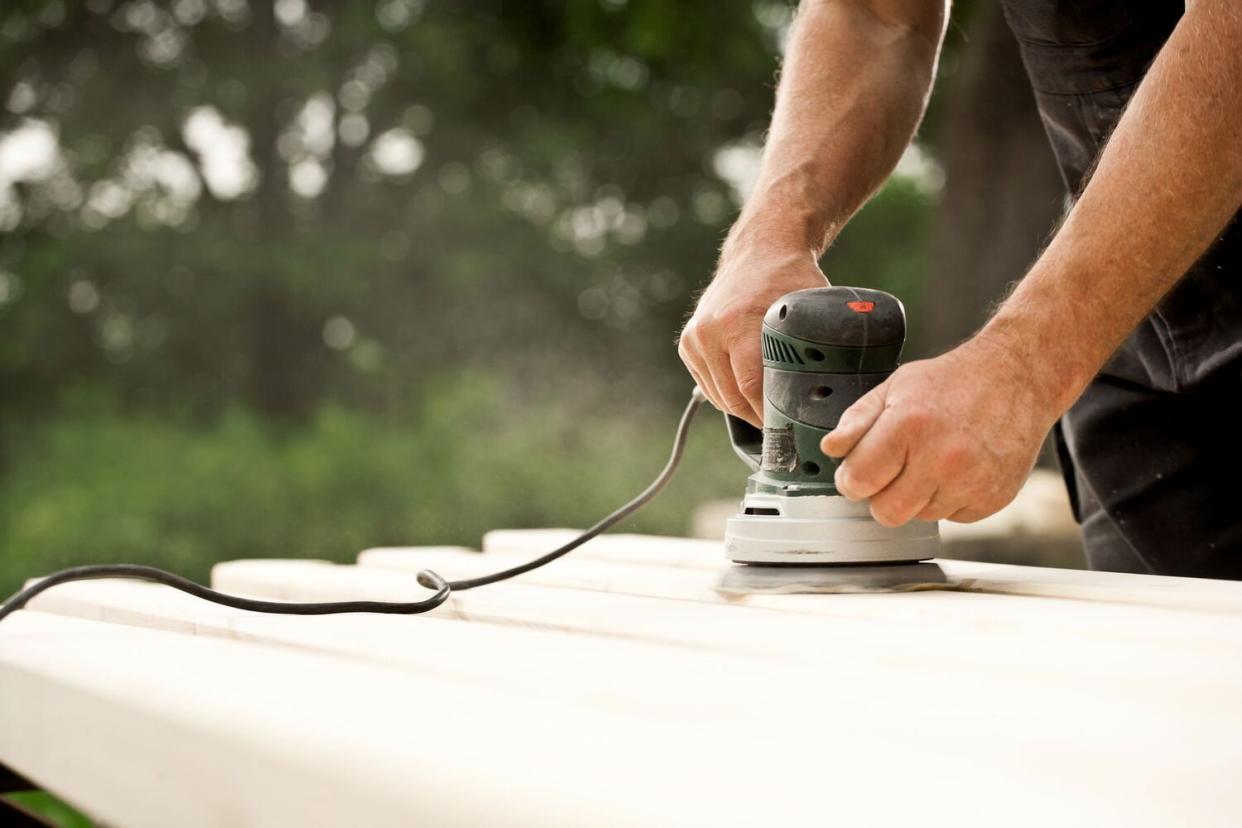
Many DIY projects require specific skills. This is especially true for tile installation, plumbing, electrical work and drywalling. For these, you’ll need good hand-eye coordination, plus an eye for detail.
Be honest with yourself. If you don’t have the skills for a project, it’s better to leave the job to a licensed contractor. However, if you’re an experienced handyperson who’s always learning and perfecting their skills, DIY might be right for you.
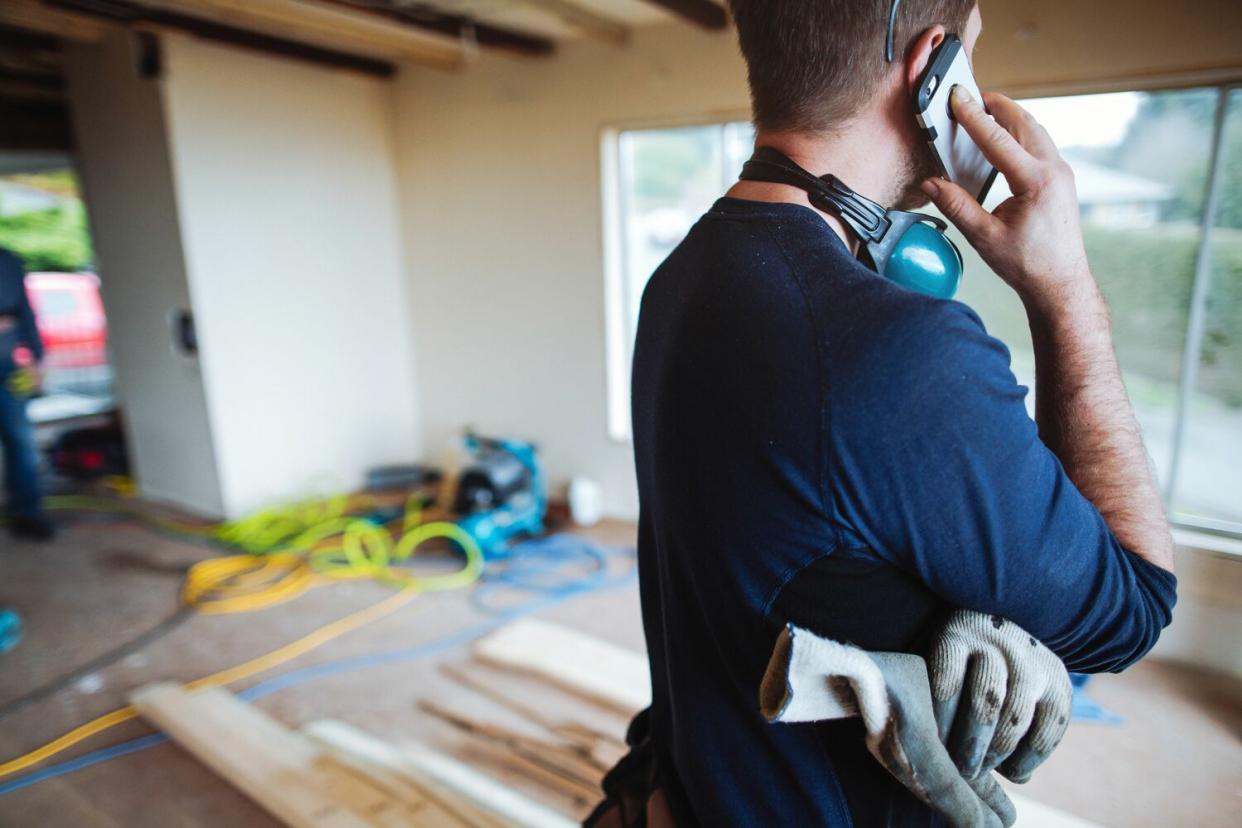
Doing the labor yourself may save you money, but it may not save you time. A contractor may estimate the time of a project accurately due to experience, but DIY-ers may underestimate the time it takes to complete a project.
That being said, a time prediction could be too optimistic if you’re new to DIY. Beginners may need more time to familiarize themselves with measurements, plans and tutorials. It may also take several attempts to get a DIY job right, which can be pretty time-consuming.
Read a few DIY tutorials to get a feel for how long the project will take. But also, ask a few professionals how long they expect the project to take if you were to hire them. Use this information (along with the cost estimates) to determine if you should DIY or hire a professional.
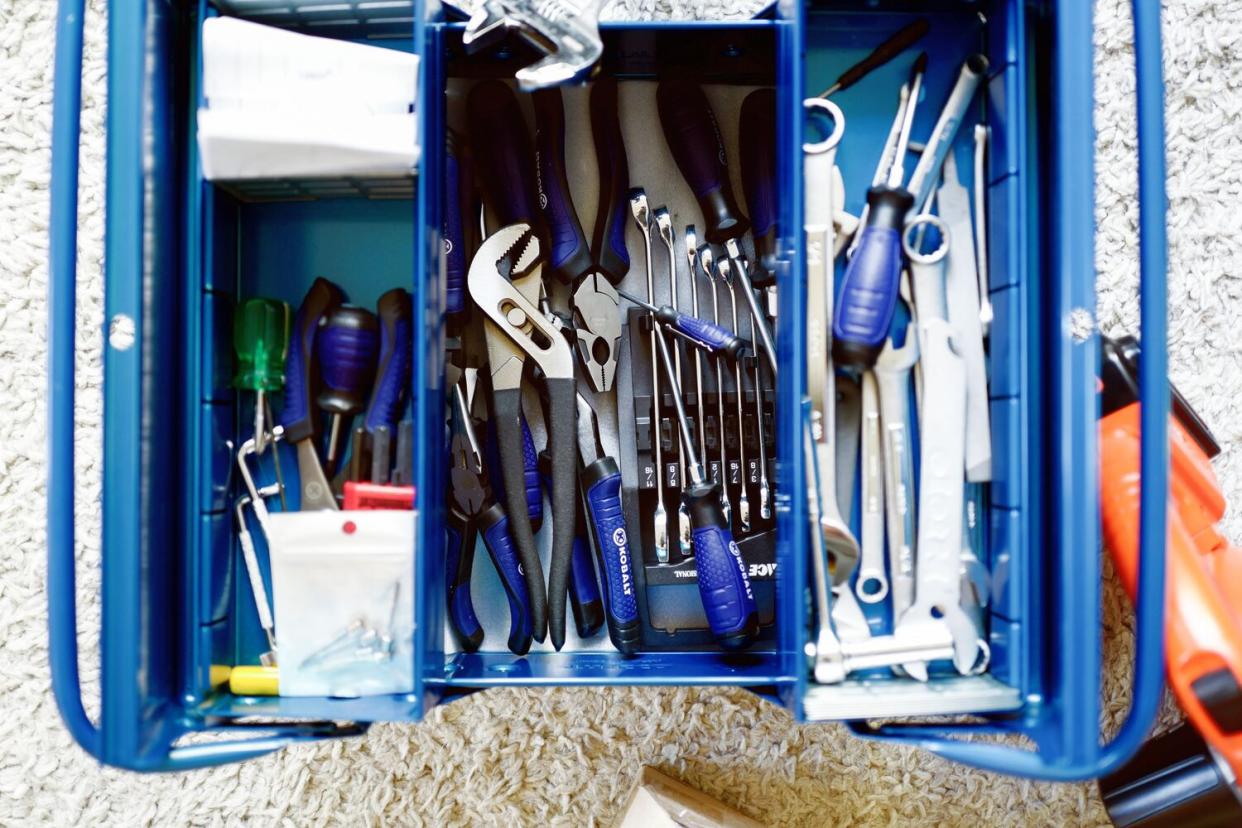
Before doing a DIY project, find out if you have the correct tools or equipment. Do you need to buy a new pressure washer? Or, is it possible to rent one from a nearby home improvement store?
Buying or renting tools can increase the total cost of your project. And, you may need to allocate extra time to learn how to use the tools properly.

Let’s say you don’t have the skills for the project, but now you’re wondering if the steps to complete the project are easy to follow. Keep in mind that what may seem simple to one person may seem overwhelmingly difficult to someone else. For example, fixing a drain, reupholstering old furniture or refurbishing chipped skirting boards may seem easy to longtime homeowners — but daunting to first-time homeowners.
Figuring out job complexity is entirely up to you. If you’re inexperienced, decide whether the instructions are easy to understand and execute. If it’s not straightforward and you get the sense you’ll be hitting a brick wall (literally, in some cases), it’s best to hire a contractor.
